The Good and the Bad of Storage Type Hot Water vs Instantaneous Units
What Is Storage Type Hot Water vs Instantaneous Units & How Does It Work?
Every Australian household has at least one hot water system unit on its property. No one likes going without any hot water, especially during the early mornings. Getting the correct hot water unit installed at your home or business is very important to ensure that you get an adequate amount of hot water at a reasonable cost. There are several types of hot water units. We have solar hot water, electric storage water heaters, gas instant, storage water heaters and heat pump water heaters.
In this article, we want you to know the good and the bad of instantaneous hot water units. About half of Australian households use electric or gas storage hot water systems. Electric and gas water heaters cost less to purchase and install than solar hot water systems or heat pump water heaters. Still, they are significantly more expensive to operate and run.
Statistics have shown that 21% of the energy used in every household goes to just heating up the water. Of this, 48% use natural gas to heat the water, while 45% use electricity, 4% use solar energy and 3% use liquefied petroleum gas (Source).
Storage Types Hot Water Units Vs. Continuous Hot Water Units
Storage types use tanks and cylinders to store the water inside where it is heated up using electricity, gas, solar or LPG. They provide hot water based on the amount of water stored inside these tanks. The downside is that water would need first to be heated up inside this storage before it can be used. Heating up the water takes several hours so if you run out of hot water, then you would need to wait for a certain period of time before you get hot water again. That is the major downside of the storage type of hot water units.
Continuous hot water units or instantaneous ones, on the other hand, do not have any storage tanks. They heat up water when you need it. They do not need to have a storage tank since they would just heat up the water through a series of coils (heat exchangers) when you need hot water on your property.
That’s the reason why the trend on hot water units is going with continuous ones.
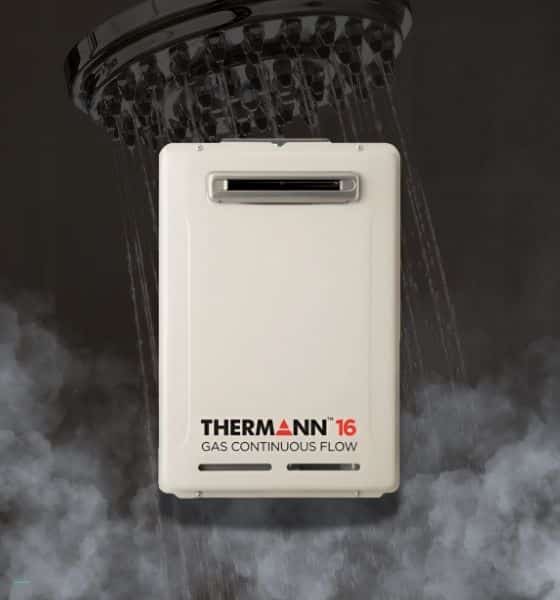
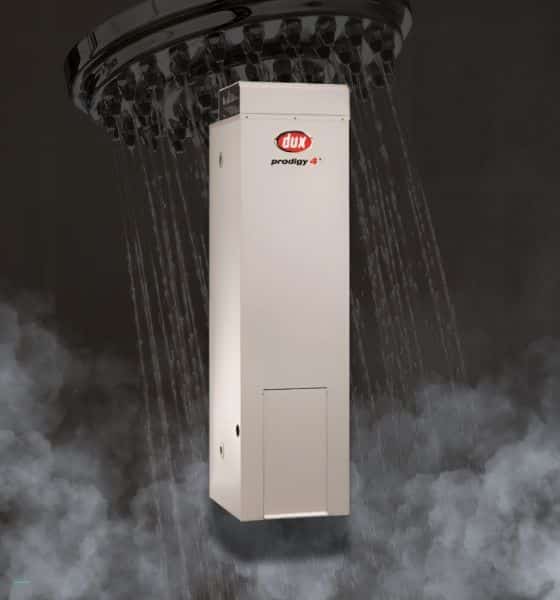
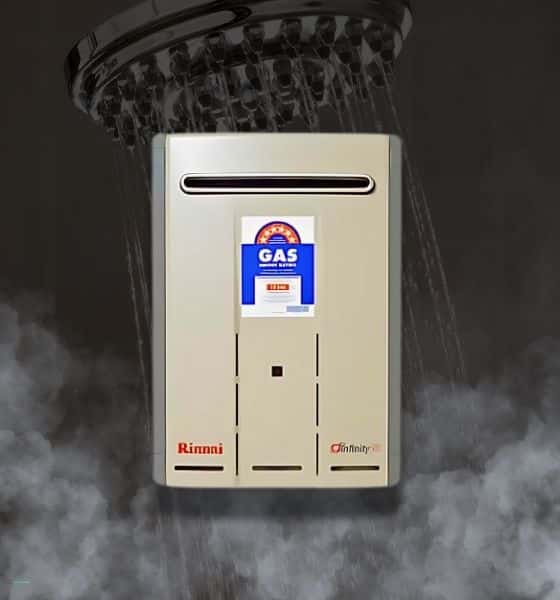
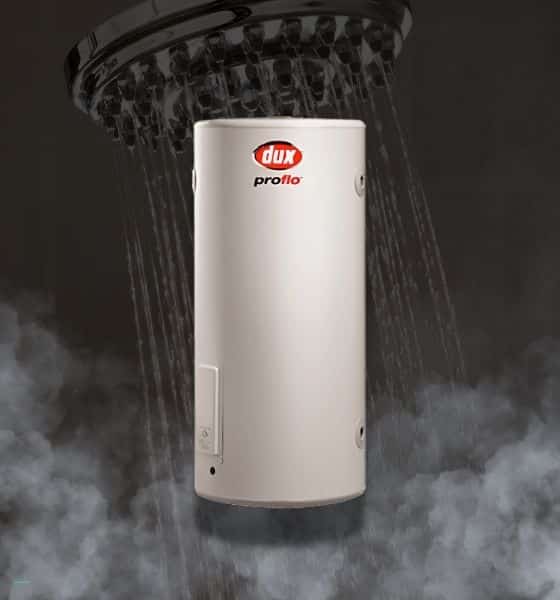
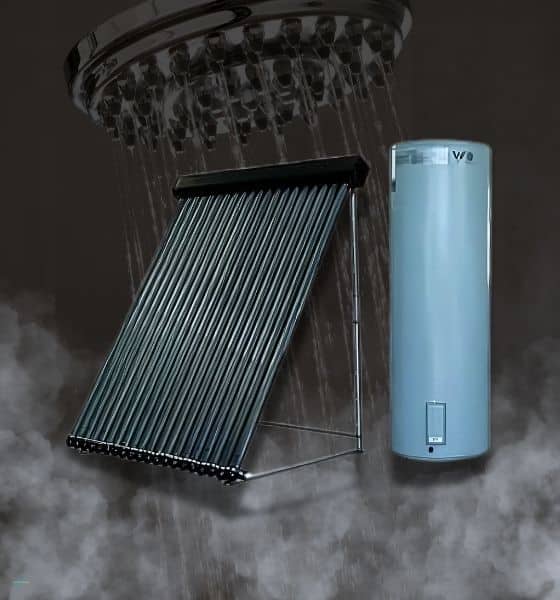
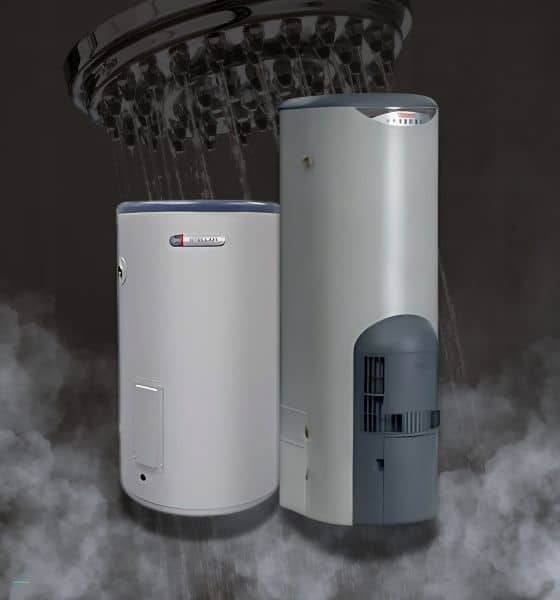
Most people get continuous or instantaneous units since they do not need to wait for the water to be heated up inside storage tanks before it becomes available for use. We have two main types of Instantaneous units. We have the non-condensing units and we have the condensing ones. People are confused about the difference between these two.
To begin, what is condensation? If you remember in your early formative education, we were taught about the Water Cycle. Water is heated by the sun, it evaporates and goes up in the air. Once there, they meet cold air and they condense and form into water droplets and fall as rain.
The same process can be applied to continuous hot water units. Water goes to the special coils where they are heated up. Once these waters are heated up, they produce steam which needs to be released. This steam is then cooled down which generates condensed water. They are very acidic and have a pH of 3-5 and are very corrosive. Non-condensing units would then release this hot steam outside and they would require special alloys to drain this corrosive condense water since they can corrode steel metals and other materials.
In condensing units, the additional heat generated by these steam and exhaust gases is extracted and used to generate further heat instead of just releasing them outside of the unit. They, therefore, generate less condensation and would require less expensive venting materials for disposing of the condensed water. They are there more energy efficient than the standard non-condensing units.
So if you are after a more efficient continuous unit, go with the condensing ones. If you need further information on this or need help with your hot water replacement unit or after hot water maintenance or repair, don’t hesitate to give the Plumbing and Electrical Doctor a call at 13 10 91.
THE DOCTOR GETS IT DONE
